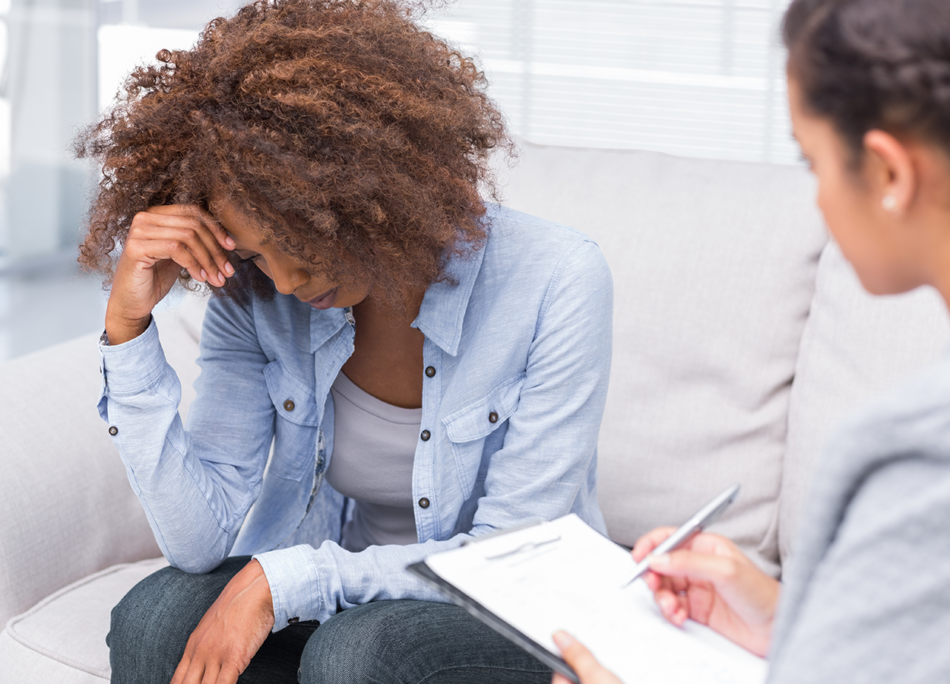How do I cope with the stress and emotional strain of both the coronavirus itself and being isolated from my loved ones?
The outbreak of the coronavirus can bring about any number of negative feelings — whether it’s about the health and safety of both you and your loved ones, your work status, medication supplies, or other fears. But there are a number of healthy, effective ways to manage your stress and anxiety levels so you can maintain a positive outlook.
Connect with your loved ones using technology
Physical isolation from your loved ones can be very difficult, especially when anxieties are high. Calling, video chatting, emailing, or texting your family and friends can help ease your fears, keep your mind off the negative, and remind you that there are people who love and support you — even from afar. Try to find a regular time each day to check in on each other, so you have something to look forward to.
Find online support communities
Although staying connected with others is very important, they may not always understand all of your fears because they don’t share your lupus diagnosis. Finding an online community, like LupusConnect, can help you feel understood and validated in your concerns. You can support one another and exchange tips and tricks to navigate this difficult time — all from your homes.
Find trustworthy sources of news — and limit your intake of it
The internet is a good way to connect with people and provides a lot of sources of news, but not all of them are accurate or helpful. In fact, social media can spark the spread of false or inaccurate headlines that might heighten anxiety. Find one or two sources of news about coronavirus that you trust (like the CDC, lupus.org, or a credible news outlet) and get any important updates about the virus from there. You can also find trustworthy tips and information on our social media posts on Facebook, Twitter, Instagram, LinkedIn, and YouTube. Limit how often you check those sources to once or twice a day to avoid burning yourself out with fear.
Create a daily routine
It’s very likely the coronavirus has completely uprooted your daily routine, so it’s important to find a new normal to provide some consistency. Create a loose schedule to follow each day that can include making your bed, cooking healthy meals, calling loved ones at a certain time, teleworking at a set place in your home, journaling, etc.
Try to stay active
Stress and anxiety can lower your motivation to take care of your body, but staying active is still important and can help relieve some of your stress and anxiety symptoms. Try low-impact activities from your home — and to make it more fun, video chat with a friend or family member who’s willing to do it with you and motivate you along the way.
Find creative outlets
Creative outlets, like drawing and writing, can release some of the stress and anxiety you’re feeling and clear your mind. You can find writing prompts, drawing classes, recipes, and more online to help you try your hand at a new creative activity that can keep you occupied while in isolation. A number of arts organizations are switching from in-person events to virtual events, check with some of your favorite organizations to see what they are offering.
Give meditation a try
Your mind is likely racing during this time as you’re trying to process all of the incoming information about the coronavirus. Practicing meditation has the potential to help slow your mind down and reduce your anxiety and stress. There are so many ways to practice meditation, whether it’s through video instruction, an app, or just on your own. Find a little bit of time in your day to give it a try if you’re comfortable.

